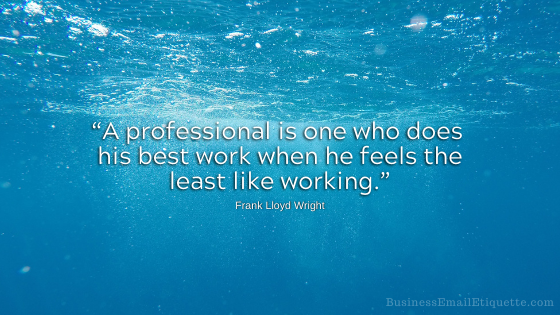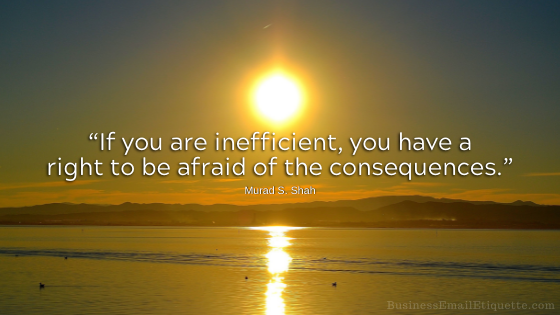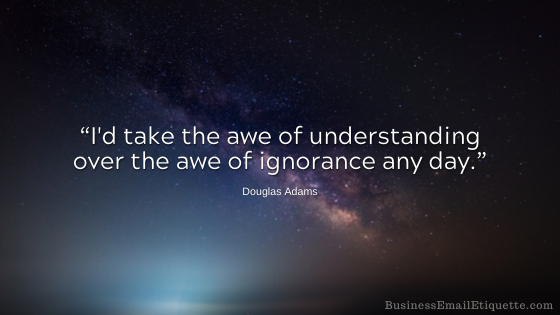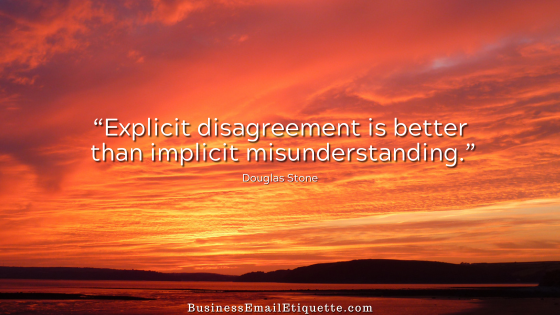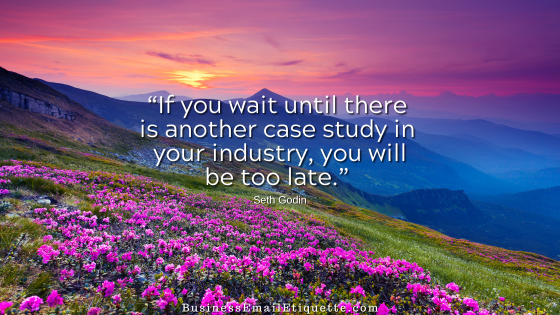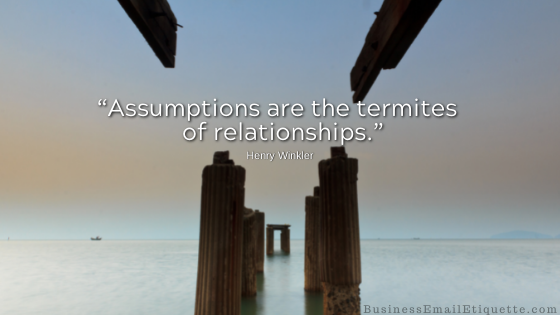Not Public Domain: Email & Online Copyright
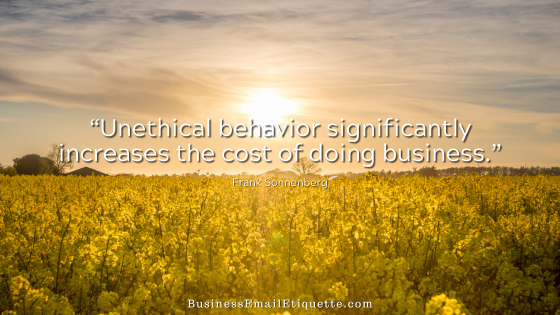
A quick reminder… Even though the Internet/Web is publicly accessible, contrary to the widespread assumption, it is not a “public domain” environment.
public domain
noun: public domain; plural noun: public domains
The state of belonging or being available to the public as a whole, and therefore not subject to copyright.
Over the years, I’ve had many clients who have tried using photos and text from other websites. They assumed the “public domain” and found out the hard way.
Some were fined for using photos they had no permission to use and had to cough up some pretty hefty fees. Some were even shut down when the copyright holders filed a formal DMCA complaint with their hosting company.
The same applies to email.
Online Copyright Ignorance is Not Bliss
When it comes to email and online content, there are several copyright concerns to be aware of:
Bloggers Beware
With Blogging being so popular and a way to vent opinions, many think they can post emails sent to them privately on their sites. Newbie bloggers also copy articles, blog posts, or images and copy and paste them into their Blog posts because they can.
Just because you can doesn’t mean you do!
If you want to use another person’s creative work, whether an email, graphic, or blog post, you must ask permission first. Copyright is in place upon the creation of that text or image. As an example, this post is copyright-protected because I am the author/creator. The moment I created it, it became my copyright-protected collateral.
If you email me, my response is copyright-protected. Just because I replied to you doesn’t provide tacit permission to repost my reply publicly without my consent.
The Process Matters
There is a standard and customary process if you want to use collateral created by someone else. It’s called asking first. This includes if you want to take an email sent to you privately and make it public on your blog or social media.
You must contact the author/creator and tell them you would like to use their work and where and how you will use it. That last part is essential. The copyright holder may not want their work used in the manner or venue you plan to do so.
TIP: When it comes to images or articles, mentioning that you plan to link to their website in return will increase your chances of getting approval.
I don’t mind if online users use my articles or the content of my websites as long as they ask and give the proper reference and link to my website when they do.
Even if you give “credit,” with or without a link, you still have to ask for permission. What if the creator/author doesn’t want their content on your site? That is their choice.
Emails, Graphics, or Text — No Matter
Too many think the web is too big for copyright holders to find out. Believe that at your peril. That is a misnomer.
There are ways to track your content and images. I discover swiped images and content of mine all the time. I do not hesitate to file DMCA complaints with all their providers (Domain Registrar, CDN, Web Host).
In business where credibility is essential, disseminating private emails is bad form, besides the copyright issue. Beyond the lack of ethics and trust that forwarding or making public an email sent to you privately will imply, adding copyright infringement to the mix is not a good look.
The bottom line is you do not use, post, forward or copy anything created by someone else without their permission to do so.
Always be aware of copyright laws and obtain permission before using or sharing copyrighted material. Check out my article on Online Copyright Myths for more info — and govern yourself accordingly.

